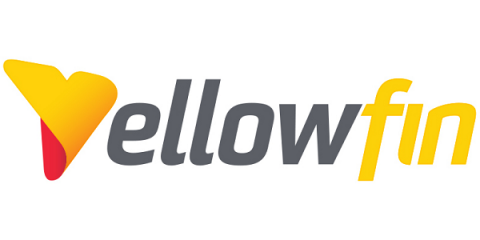Systems | Development | Analytics | API | Testing
Analytics
How Data Is Transforming the Fight Against Pandemics
The more time I spend working with data, and watching how our customers work with data, the more convinced I am of two things: 1) the power to do extraordinary things is embedded within data and 2) all of us working or dealing with data have a role to play in using our knowhow and technology to apply data to benefit humanity and tackle some of the biggest challenges of our lifetime – the environment, equality, education, health and safety.
11 Tools to Perform Technical SEO Audit in 2020
In 2019, Google has rolled out lots of updates out of which March 2019 Core Update, June Core Update, September Search Reviews update, and BERT were the major ones. BERT update was intended to better understand long-tail and conversational search queries while June Core Update impacted the websites that failed to implement E-A-T (Expertise, Authority, and Trust) Guidelines. On September 16, 2019, Google released a new algorithmic update to review (crawl and index) review snippets/search results.
Cloudera Data Platform (CDP) now available on Microsoft Azure Marketplace providing unified billing for joint customers
Cloudera Data Platform (CDP) is now available on Microsoft Azure Marketplace – so joint customers can easily deploy the world’s first enterprise data cloud on Microsoft Azure.
Show me the data. The importance of Data Storytelling in an uncertain world.
Right now, we are seeing the importance of trusted data in helping people navigate the situation we are currently facing. And by people, I mean everyone! A lot of people who would normally never look at a report or use a dashboard, are sharing reams of data on social media, discussing #flatteningthecure and infection/mortality rates. The list goes on.
Quick Preview of Cloudera Data Platform on Azure
Benchmarking Time Series workloads on Apache Kudu using TSBS
Time Series as Fast Analytics on Fast Data Since the open-source introduction of Apache Kudu in 2015, it has billed itself as storage for fast analytics on fast data. This general mission encompasses many different workloads, but one of the fastest-growing use cases is that of time-series analytics. Time series has several key requirements: At first glance, it sounds like these requirements would demand a special-purpose database system built specifically for time series.
Beyond Connectivity - Top 5 Ways Data and Analytics Drive Transformation in Telecom
The telecommunications industry is in the midst of a fundamental reinvention and transformation. Faced with a range of emerging pressures – including consolidation, a changing competitive landscape, and commoditization of traditional services – communication service providers (CSPs) are seeking new revenue streams and novel business approaches.
Low code, no code is the only way to go
The low code, no code paradigm is an evolution in development environments. Historically, if you wanted to build a product, you went to a developer and they started from scratch building the product from the first line of code. But now people with little or no coding experience can build simple applications themselves.
Some of the Top SQL-on-Hadoop Tools with Pros and Cons
Hadoop ecosystem now serves as a comfortable home to Big Data now, and the Hadoop data stores now have a greater acceptance across the world by programmers, developers, data scientists, and database management experts. These ecosystems are as convenient as the data storages; however, the inherent reporting system of Hadoop poses a few challenges for the users to overcome.







